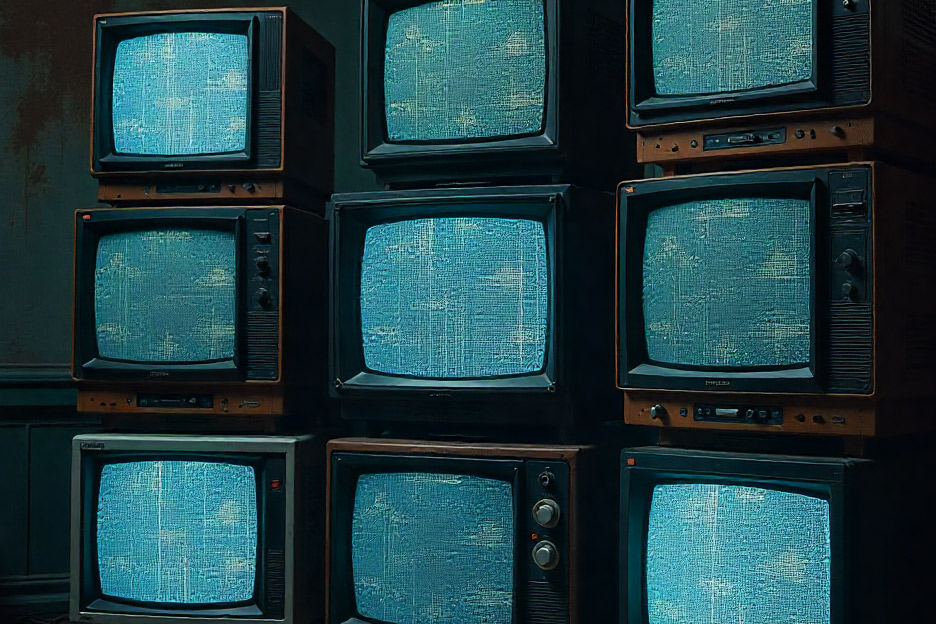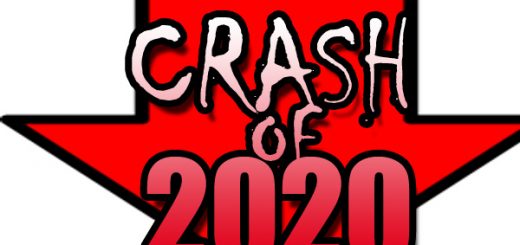How the Internet Taught Us How to Wag The Dog
I am the sort of person who can spend hours reading stuff online, cruising from one site to another. I am sort of a internet junkie with an endless supply of my favourite drug right in front of me, all of the time. Heck, over Christmas and New Years when many companies go into re-runs and pre-canned “best of the year” stories, I start jonesing for some real news and information. The internet is an amazing source of information, that is for sure, and an endless source of entertainment to many of us.
There is an interesting motto that seems to have been coined for the internet, which is “information wants to be free”. I am sure this was around before the world wide web that we have today, but the internet has brought this to a head. With hundreds of millions of people all poking and prodding, tweeting and status updating, sharing links and such, we get almost overwhelmed at times by the amount of information coming our way. Many companies make their livings only on reposting the works of others, making them often the first echoes of information as it supposedly struggles to be free. Yet, it’s that very act of copying and reposting that causes so many of the internet’s problems as well.
See, the internet is also a tool which is very good at removing moral restrictions on anything, including taking what is not yours, piracy, and “re-using” other people’s work. The things we would never do AFK (away from keyboard) like stealing a CD from a store or filling the local newspaper we run with articles from the New York Times without credit are the very things that some people point to as making the internet somehow great. Many websites are packed full of material from other sites, from other companies, from other sources – mostly uncredited.
Perez Hilton got rich and famous on just that, his website started out with all of the images being stolen from one place or another, and the difference between internet time and real world time meant that he could build enough of an audience to afford to pay for the stuff later, and actually appeared to get a discount because he had collected such a large audience. It’s wild how things go. He basically got rich by playing fast and loose with the rules, hoping to cash out before he had to pay out – and it worked for him.
Where the real issue lies in the end is that the current state of affairs isn’t a full on free for all, rather there are plenty of people who still have a moral restriction against stealing / borrowing / copying without permission, so they don’t do it, or only do it in small ways. They don’t try to make their living off of it. That difference is key, but it’s also something that creates misinformation.
Many people say “the new business models for music are working!”. You can see the famously amusing “Sky Is Rising” report, which is perhaps one of the most dishonest pieces of work you will ever see, even as each and every item it chooses to point to is true. Incomplete truth is, however, a lie, and the issue lies in those very people who resist the freeloading mentality of pirates and the “new” music business (which isn’t a business at all, because it’s all free). The proof is in a recent study in the UK, which showed that while certain pirates are also the bigger buyers of digital media, they are in fact such a small part of the market place as to be only 10% of it. In fact, they only buy 3 times as much as the average person does, including those people who buy nothing at all.
The Sky Is Rising types will suggest that it means that more piracy would lead to more sales, but they fail to understand the basic problems: The existing, non pirating customers are in fact the ones paying for the content to be created. More importantly, there is no indication that the average person, given an open and endless stream of free stuff without any moral issue, would bother to pay ever. The only thing truly supporting the creation of the content that the pirates want is the honest average jane and average joe who buy from time to time. They aren’t rabid fans, they aren’t huge buyers, but they do buy about 1/3 as much as a rabid pirate mega fan. Without them, there would be no content to pirate.
If this situation shifts at all, it could be a spectacular and perhaps fatal blow to the content producers that we all love. Scratch the record labels, dump the movie houses, because without the average people paying for the product, there is no way to make it.
The sky isn’t rising, it’s just that we are sinking into the mud. It just looks higher.











